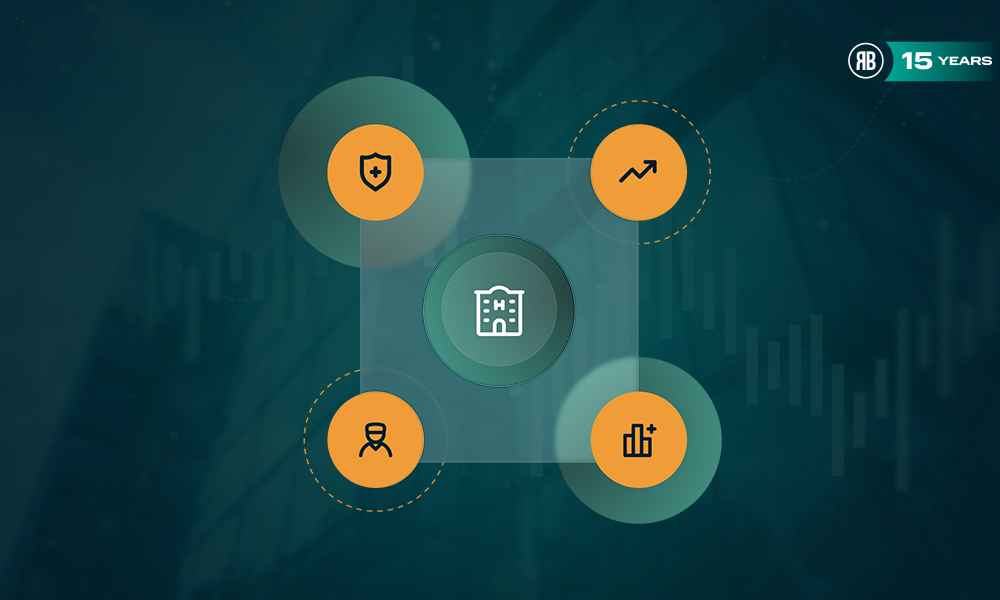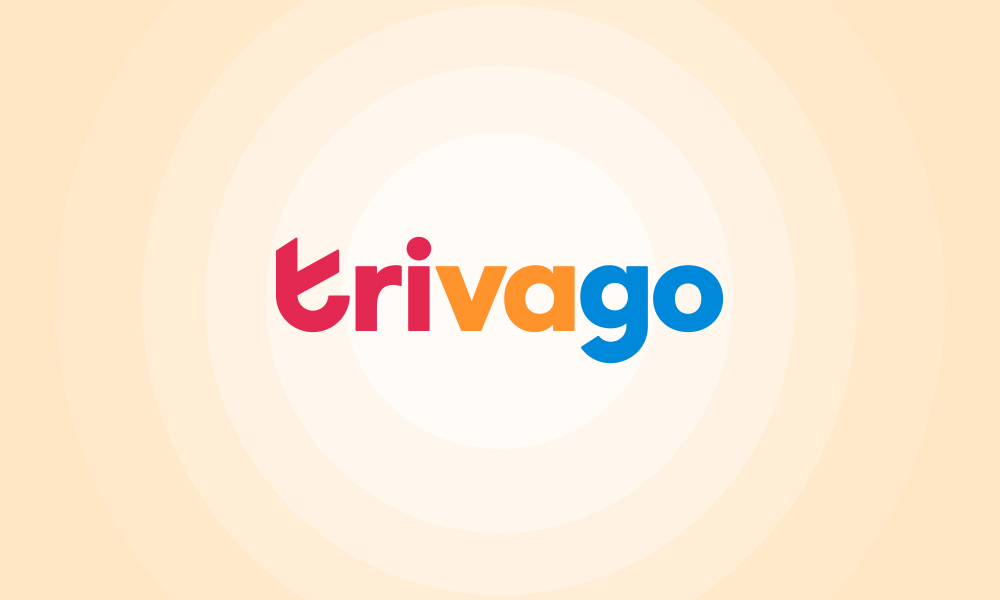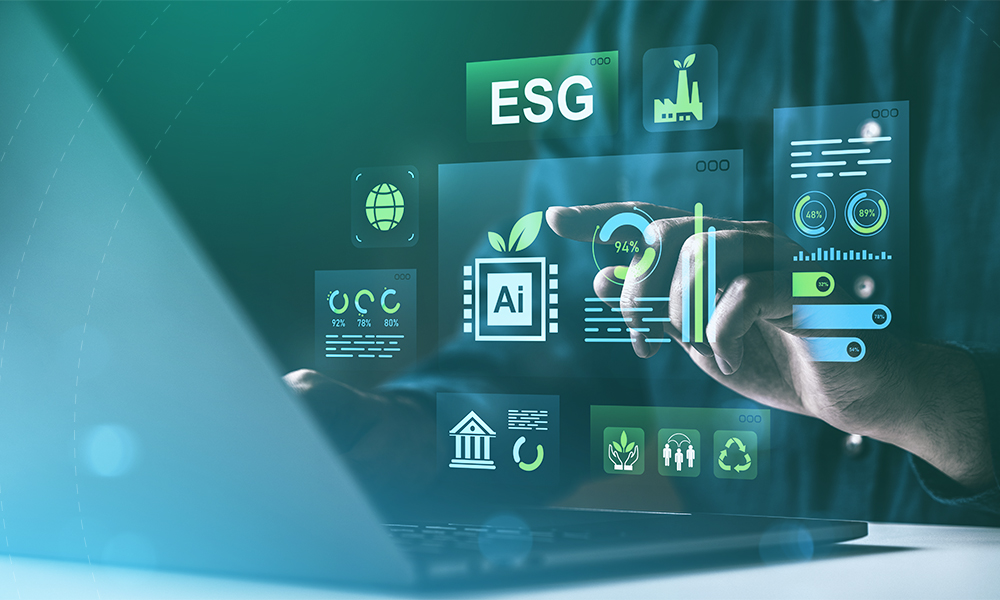10 AI applications that you already use (and perhaps don't know it)
News
September 3, 2019

1 - VIRTUAL ASSISTANTS
Some of you will know them. They are called Siri (Apple), Alexa (Amazon), Cortana (Microsoft), Google Now, etc. Very friendly and always available, they respond to our voice commands to remind us of an appointment, search the web, send a text message or answer a phone call. "Remind me to call Maria when I get to the office", "add tomatoes to the shopping list", "show me how to get to the station", are just some of the requests we can make to our invisible helpers.
This software uses artificial intelligence algorithms for voice recognition, but also learns our habits and preferences over time to better satisfy our demands or needs.
2 - VIDEO GAMES
Video games are one of the most widespread applications of artificial intelligence. AI algorithms allow characters, environments or stories to evolve according to the player's behavior, creating situations that are always new and unpredictable.
Among the games that make extensive use of artificial intelligence, the virtual opponents of a player in a game have significant advantages over human players, such as the ability to perform multiple tasks and react with inhuman speed. In fact, in some games, AI designers have had to deliberately reduce the capacity of an AI to improve the experience of flesh and blood players.
3 - CUSTOMER SERVICE
Many online services today use automated systems to manage customer service chats. These applications, called chatbots, are based on evolved artificial intelligence systems that understand what the customer is asking them, what their problem is, and provide them with the most appropriate answer.
The real challenge for these systems, as well as for virtual assistants, is to understand the natural language of the human in front of the device.
4 - PUBLIC SAFETY
Our cities, airports and stations are controlled by thousands of cameras. These images are examined in real time by human operators aided by powerful software that can recognize not so much suspicious faces as patterns of behavior that may be a warning sign.
With the appropriate training, these programs, which can process thousands of images per second at the same time, can see if someone leaves a suitcase in an airport, if they are carrying a weapon, or if they are wandering suspiciously near a school.
5 - FORECASTING PURCHASES
The big names in international e-commerce could further increase their already lucrative profits if they could predict the needs of consumers. Several companies, including of course Amazon, are working on artificial intelligence algorithms that understand what we will need in the future before we realize it ourselves.
If we buy a fiction bestseller every month, we are likely to be interested in a new one that comes out the following month. So why not propose a preview, perhaps at a reduced price?
Amazon, which sells practically everything from electronics to food, has a wealth of data on the tastes and consumption patterns of its customers: an excellent basis for allowing electronic brains to process and guess our needs.
6 - FRAUD PREVENTION
Although we do not realize it, we are people of habit, even in our purchases or acquisitions. We frequent more or less the same stores and spend more or less the same. If we do something very different from the usual, the banking system notices it. And that is very important for our security, since this type of surveillance is used to prevent fraud against us, such as the misuse of our credit card.
If we have just made a purchase with the card at the supermarket below the house and after 10 minutes we receive a statement from a store on another continent, we probably have to worry. The AI systems that monitor the world of banking transactions are trained to warn of all these inconsistencies and report them to the banks that intervene to avoid being deceived.
7 - FINANCIAL SERVICES
AI is helping to observe the patterns and behaviors of users and consequently is helping to improve the decision-making of banks, insurers and investors in different areas.
You can track customer satisfaction and analyze their activities to detect a possible account closure before it happens. You can also check spending habits and customer behavior to offer personalized financial advice. These algorithms can identify trends more efficiently than humans and react in real time.
8 - SMART HOMES
One of the most interesting applications of artificial intelligence relates to home automation. These are all the systems that manage home environments in terms of temperature, lighting, or sound, always according to our habits and preferences.
There are thermostats like Google Nest that are capable of understanding how many people are in a room, and electric companies that optimize the operation of appliances to take advantage of the best energy rates. There are also electric blinds connected to our smart phone that close when we leave home and open again when we return. Here, the only limit is imagination.
9 - HEALTHCARE
Artificial intelligence is also present in the healthcare sector and is capable of diagnosing diseases as well as doctors, but in much less time. Algorithms can help doctors assess patients and their health risks with 95% effectiveness. It helps to know the side effects that various medications may have.
AI can also be used to simulate brain function and, therefore, is very useful in the diagnosis and treatment of neurological problems. As in the case of any other field, repetitive or time-consuming tasks can be handled through the application of artificial intelligence.
10 - RECOMMENDATION SYSTEMS
The strength of artificial intelligence systems is learning from experience. For example, they can learn what we like to watch on television, what we usually listen to on the radio, or what we order in a restaurant. Once they discover our tastes, AI algorithms can give us consumption and online shopping suggestions, after having analyzed and compiled countless records of the material you have already seen, listened to, or consumed.
Who uses them? Practically everyone: Netflix to recommend movies; Spotify to offer us music; even Facebook: the algorithm that chooses which publication to show us is based on experience through an artificial intelligence engine.
Read more

News
More Direct Bookings, More Control, More Profitability: The New Era of Direct Hotel Sales
By
Roiback

News
Trivago updates how it displays Loyalty Rates: What does this mean for your hotel?
By
Evelyn Barba

News
Purposeful sustainability: integrating ESG objectives into strategic hotel management
By
Roiback




